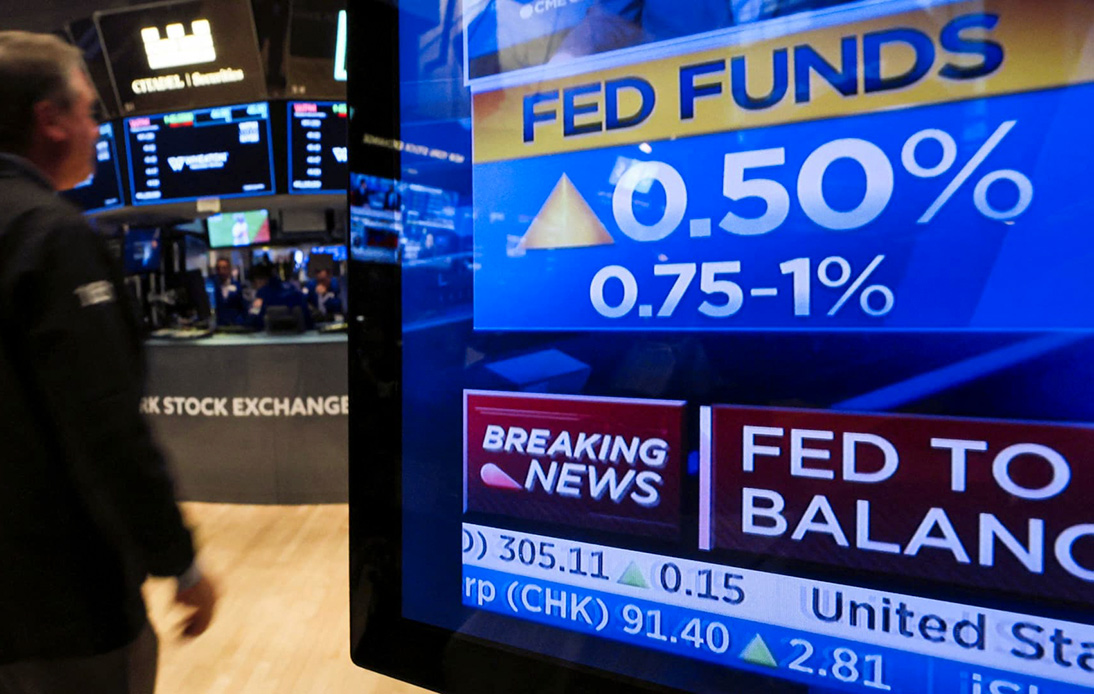
The US central bank has raised the interest rate to its highest percentage in over 20 years to deal with rapidly rising prices as other countries take similar steps.
Yesterday, the US Federal Reserve said it would raise its benchmark interest rate by half a percentage point to a 0.75-1% range as part of its efforts to contain price hikes affecting most worldwide households.
The move follows a small increase in March and responds to the country’s current inflation, as it’s reaching a 40-year high that could trigger further spikes in rates and costs.
According to the latest government reports, US inflation reached 8.5%, an annual rate last seen in 1981. Experts have explained that such a significant hike in inflation has been driven by rising costs for basic needs like food and energy.
The inflation rate is well above the US central bank target of 2%, which represents major political and financial challenges for US President Joe Biden’s administration.
Federal Reserve chairman Jerome Powell told a press conference in Washington that they were “moving expeditiously” to bring inflation back down as they understood “the hardship it is causing.”
In similar developments, India’s central bank unexpectedly announced an increase in its benchmark rates on Wednesday. Australia’s central bank took a similar move, enacting its first interest rate hike in over ten years.
The Bank of England, which has already announced four increases since December last year, is also expected to raise rates this week.
The increased rates make borrowing more expensive for individuals, businesses, and governments. Consequently, the demand for goods and demands could remain cool and help quell price inflation.
However, some experts believe that hikes in rates risk triggering a harsh economic slowdown, as it can worsen the effects of current challenges such as the war in Ukraine or the increase in Covid-19 infections in China.
Other economists argue that the Federal Reserve’s measures responding to financial issues have been slow as inflation has been fueled by many factors, including the crisis in energy markets due to the Russian invasion of Ukraine, pandemic-related supply shortages, and massive government spending to fight the coronavirus pandemic, among others.
As the US is the world’s largest economy and many nations depend on the dollar, the US central bank’s actions are expected to have global repercussions.




















